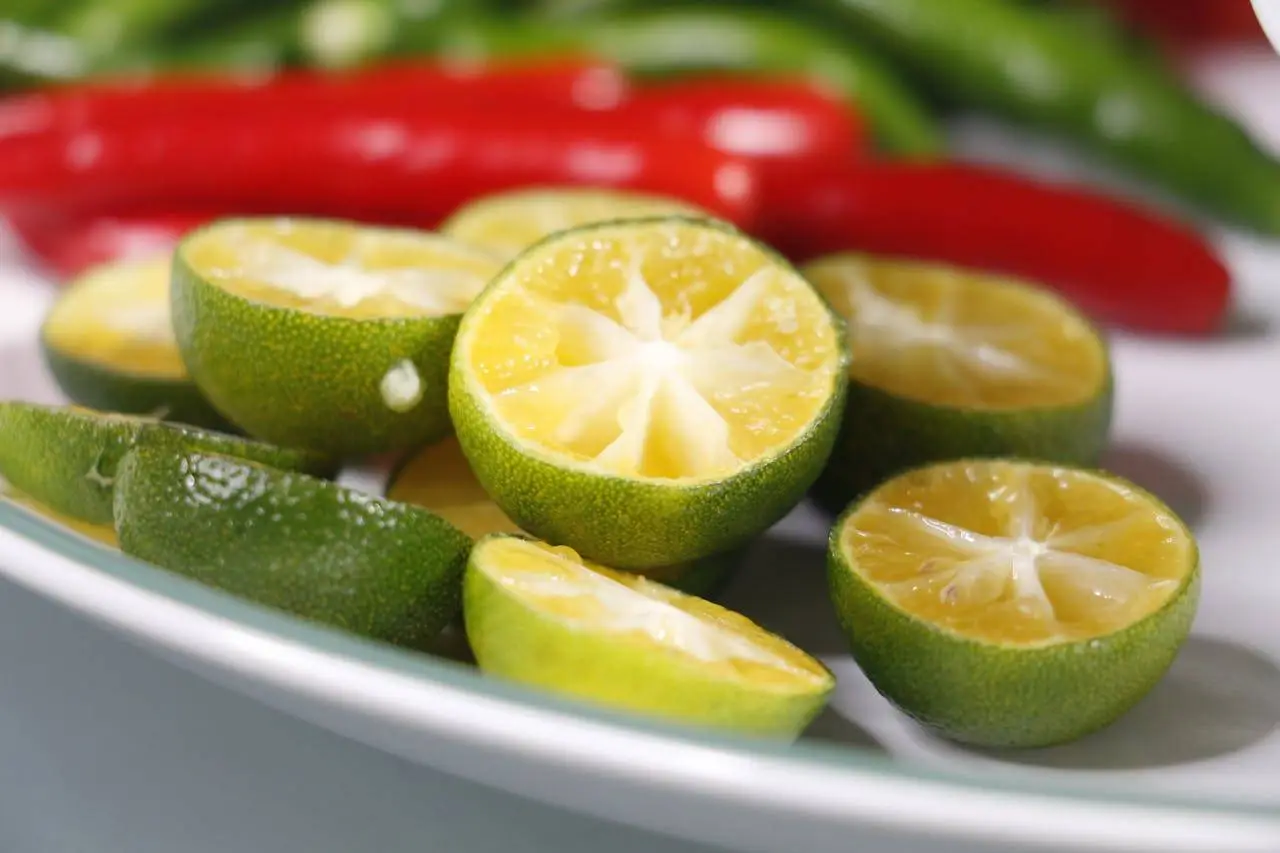
What is Calamansi?
Description
calamansi
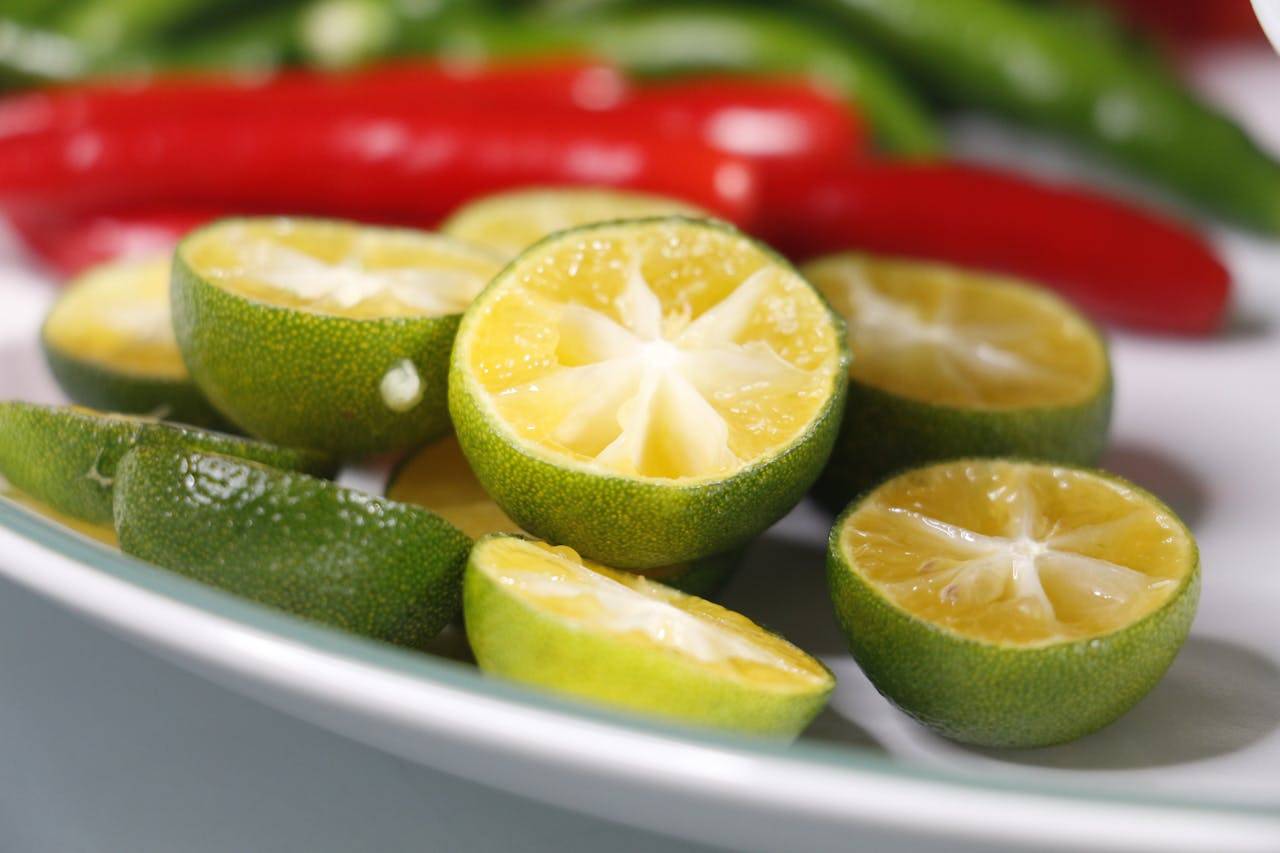
Discovering Calamansi: A Filipino Citrus Gem
If you travel to the Philippines, you’ll find calamansi everywhere. In contrast, this small citrus fruit is much rarer in the United States.
I hadn’t encountered calamansi before, but it has been gaining popularity in recent years. Today, you’ll find calaman-si sparkling water, gummy candies, and even calaman-si and mango sorbet at Trader Joe’s.
What Makes Calamansi Special?
What Does Taste Like?
Calaman-si offers a distinctive blend of sweet, sour, and citrusy flavors, resembling a combination of lemon, orange, and lime. Kristina describes it as "sweeter and less sharp than a lemon." Its floral citrus scent is powerful, similar to a freshly peeled orange. The juice is a bright, opaque yellow, much like orange juice.
How to Use Calamansi
Calamansi can be used just like any other citrus fruit. Its juice is great in cocktails, mocktails, teas, or as an ingredient in marinades and dipping sauces.
In Filipino culture, calaman-si is most commonly used as a seasoning or flavor enhancer, similar to how lemons or limes are used in other cuisines. Typically, it’s used when unripe, which gives it a tart flavor. When fully ripe, the fruit turns orange, becoming sweeter and less tart, but it’s traditionally consumed while still green.
You’ll find calaman-si in popular Filipino dishes like pancit, sisig, and kinilaw. It’s also used in dipping sauces such as toyomansi (with soy sauce) or patismansi (with fish sauce). These sauces can often be bought pre-made.
Filipinos enjoy flavoring their food at the table. A key cultural feature of the cuisine is sawsawan, where different seasonings like vinegar, fish sauce, soy sauce, or calaman-si halves are set out for people to season their food to taste.”
While less common in the Philippines, calaman-si can also be used to flavor desserts such as pies, ice creams, and cookies.
Where to Buy Calamansi
ON amazon
In the U.S., you won’t typically find fresh calaman-si because Filipinos prefer the unripe fruit. However, you can find various packaged versions at Asian markets or online stores like Weee!.
The purest form is 100% frozen calaman-si juice, often sold in small packets. You may also find bottled or canned calaman-si juice, although these sometimes include sugar and water. Kristina mentions that shelf-stable versions are available, but she finds them too sweet. “There’s also a powder you can get. My mom would sometimes sprinkle it on noodle dishes.”
If you’re in a pinch, you can create a decent substitute by mixing lemon juice, lime juice, and a bit of sugar.
Related
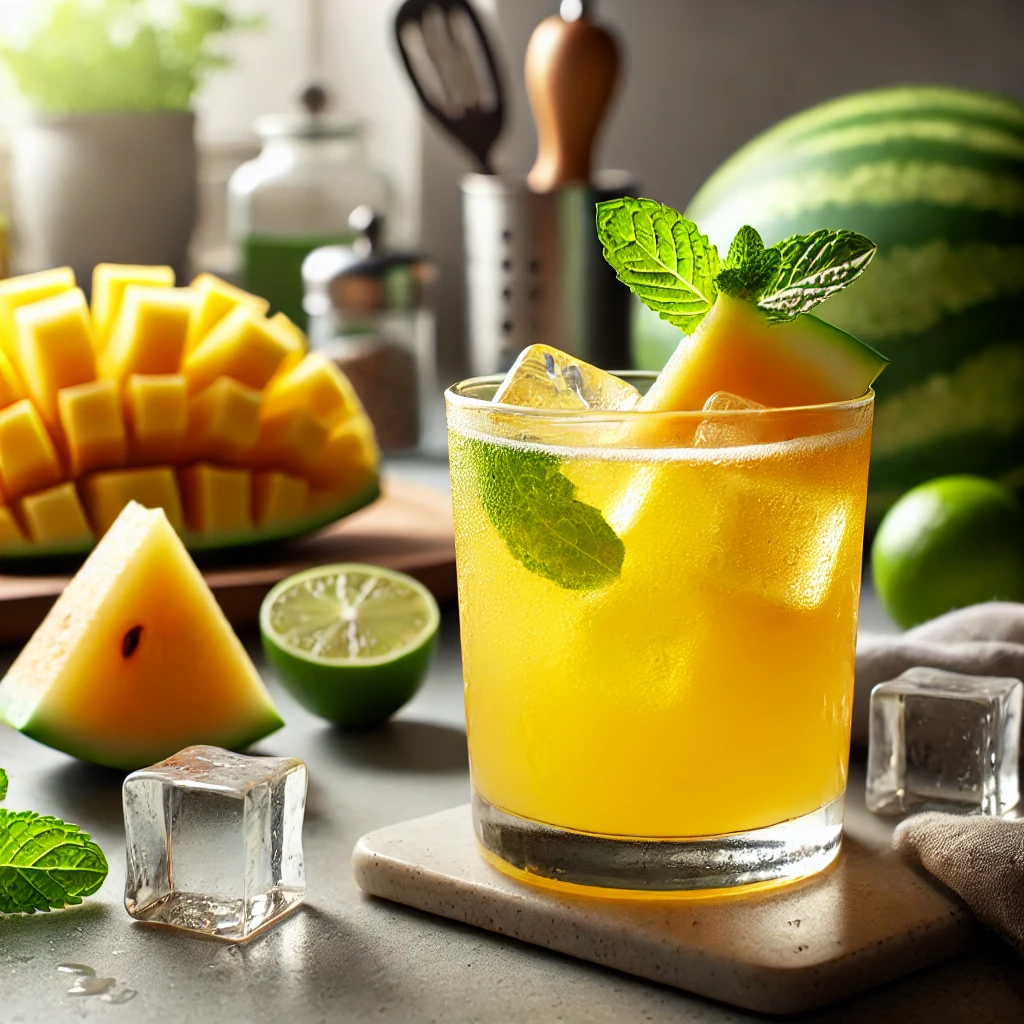
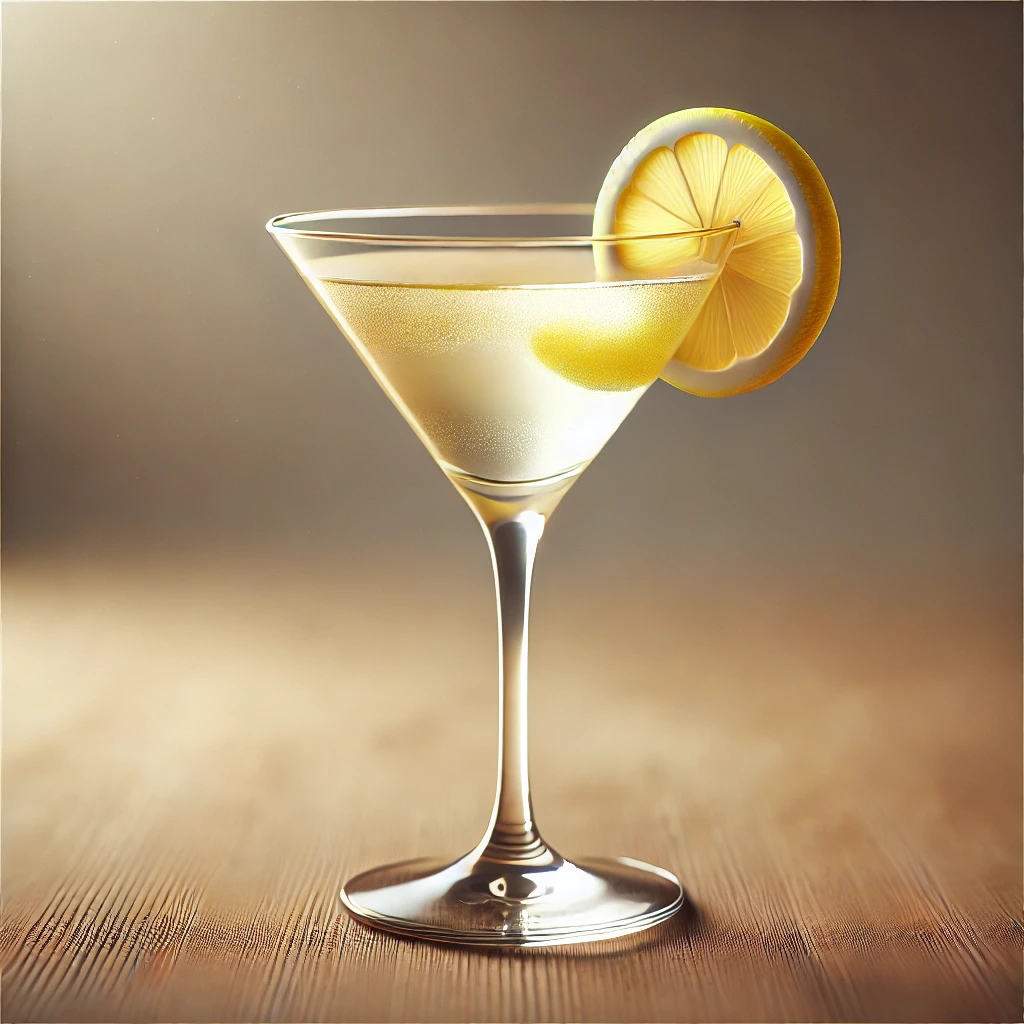
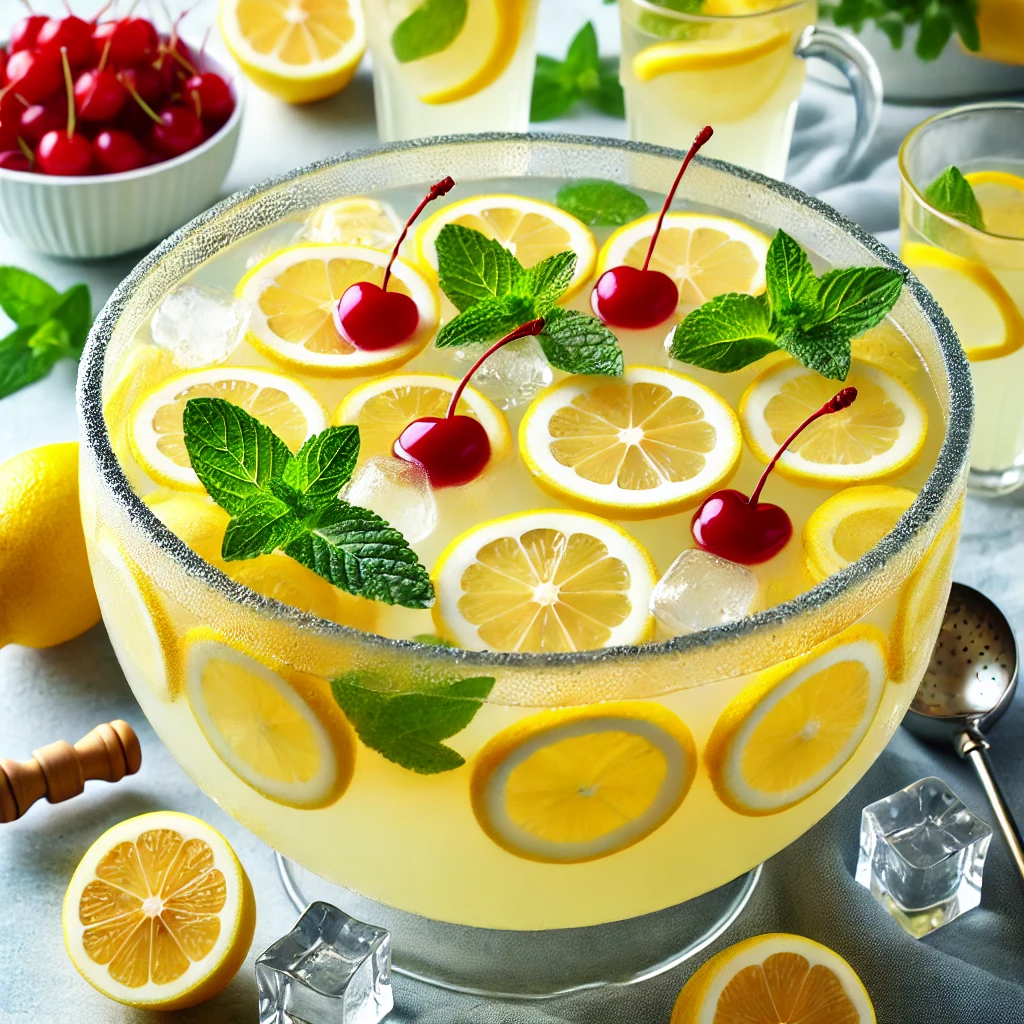
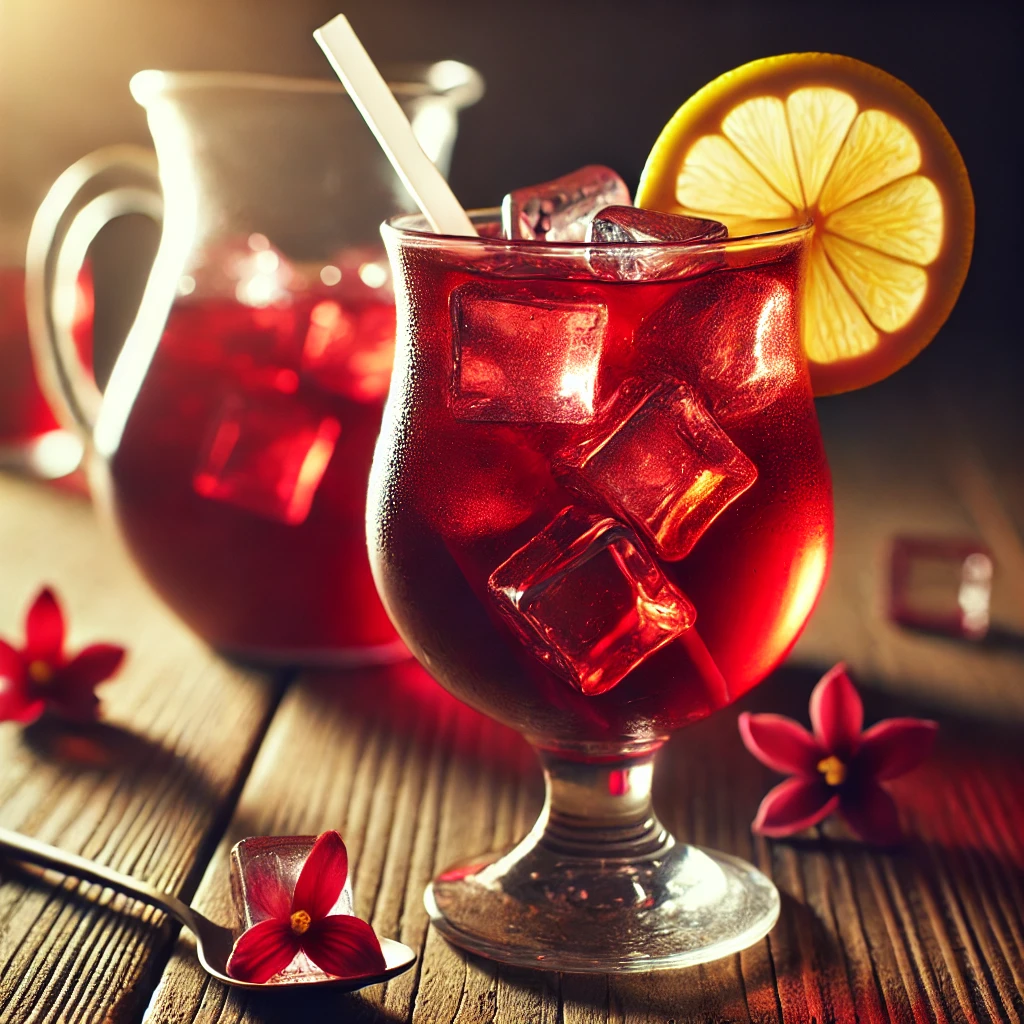
Note
Handpicked Recipes
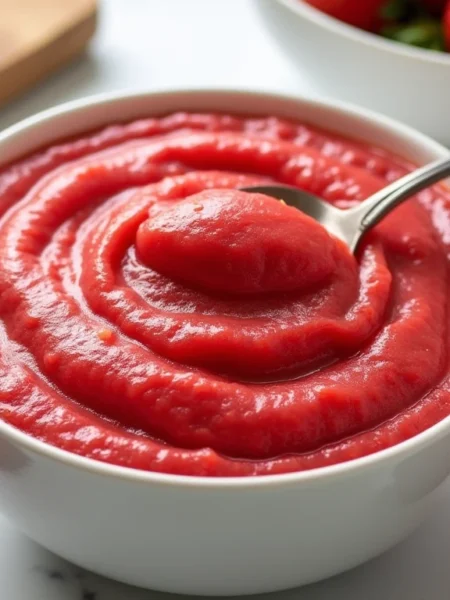
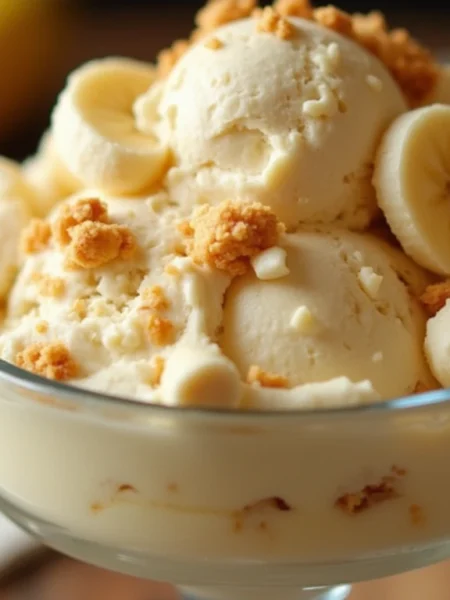
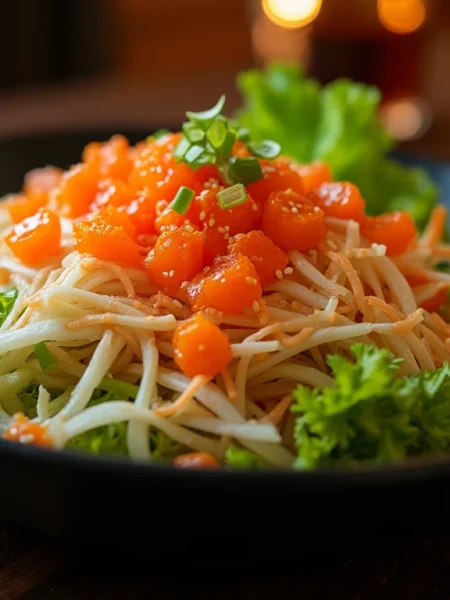
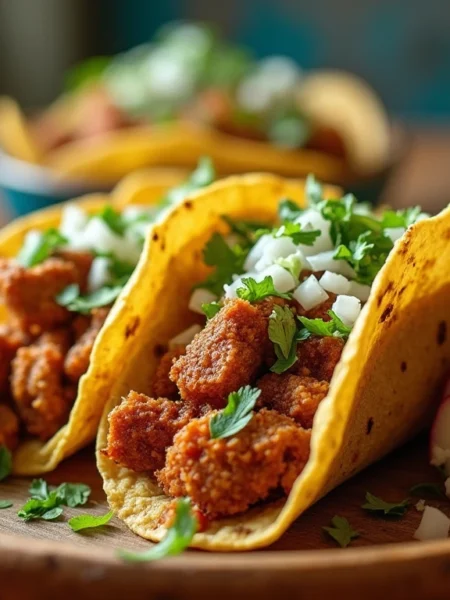

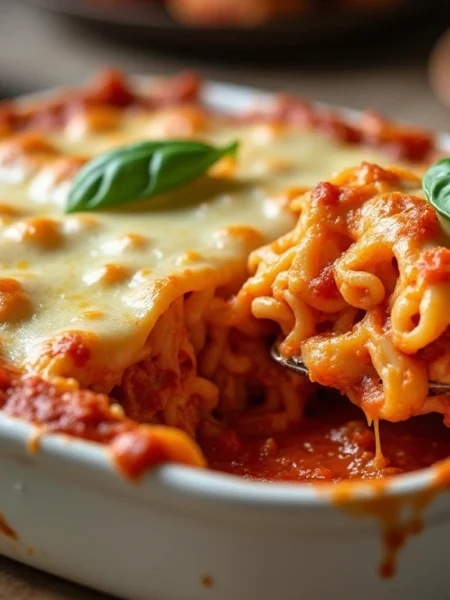

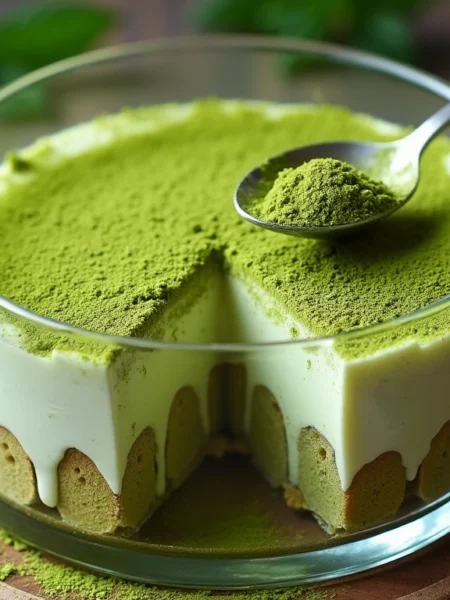


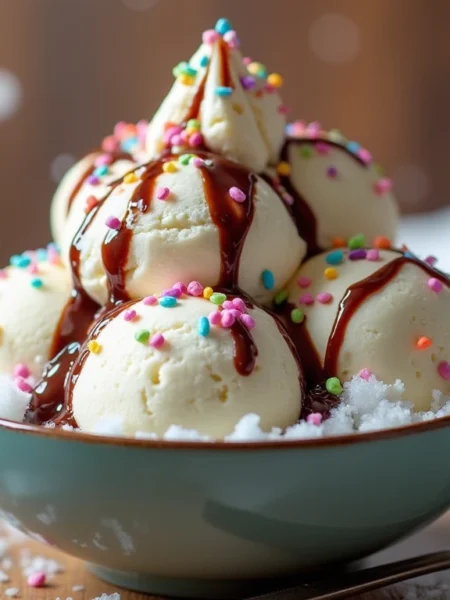
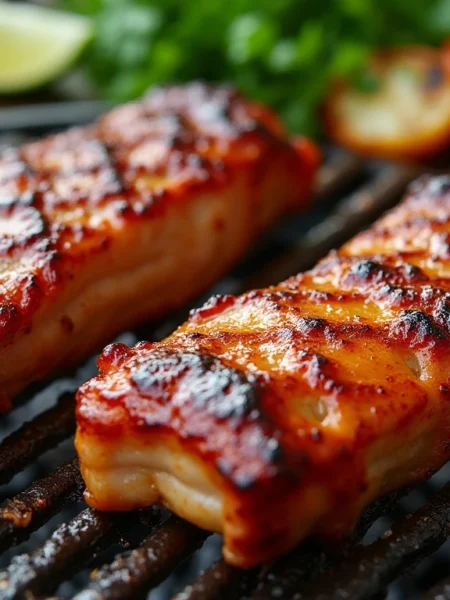


You may also like...
Starbucks Pink Drink Copycat Recipe
Diet Pepsi vs. Pepsi Zero Sugar: A Comprehensive Comparison
Topo Chico Hard Seltzer vs. White Claw Hard Seltzer: A Comparative Review